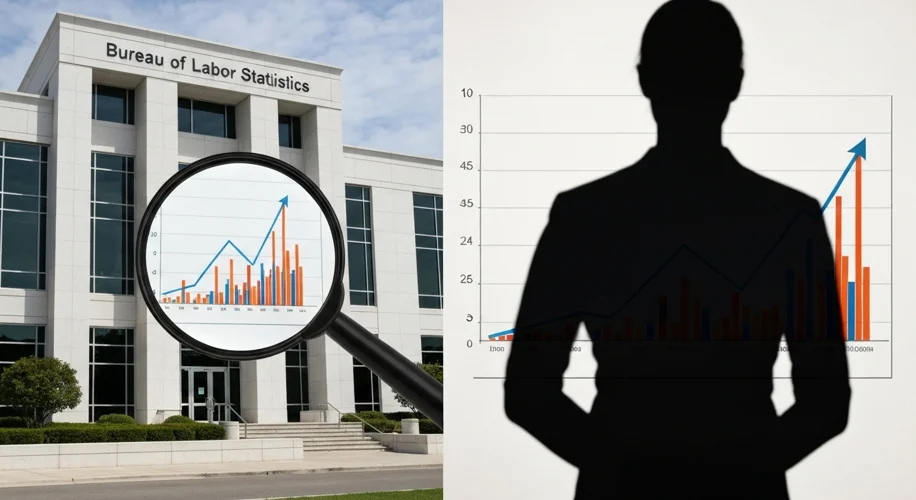It’s not often that political appointments directly intersect with the data we rely on for economic understanding. But when the agency responsible for collecting and publishing vital labor statistics sees changes at its helm, it’s worth a closer look. Today, I want to unpack what happens when political considerations meet the agencies tasked with providing objective economic insights.
As a former tech executive, I’ve always been fascinated by the integrity of data. In the tech world, bad data can lead to flawed algorithms, poor product decisions, and ultimately, business failure. The same principle applies, perhaps even more critically, to economic data. Agencies like the Bureau of Labor Statistics (BLS) are the bedrock of our understanding of employment, inflation, and wages. Their reports influence everything from Federal Reserve interest rate decisions to business investment strategies and household budgeting.
When political administrations make appointments to lead these critical agencies, there’s an inherent tension. On one hand, the executive branch is responsible for setting economic policy, and they need agencies that can support their vision. On the other hand, the value of these agencies lies in their perceived independence and their commitment to presenting data without partisan bias. A government’s ability to wield economic data effectively often depends on the public’s trust in that data’s accuracy and impartiality.
Let’s consider the implications. If appointments are perceived as being made primarily to influence the interpretation or presentation of economic data, it can erode public confidence. Imagine if inflation figures or unemployment rates were consistently massaged to paint a rosier picture during an election year. This wouldn’t just be a statistical anomaly; it could lead to misinformed policy decisions and a breakdown in trust between the public and the institutions meant to serve them.
The key question isn’t whether administrations have differing economic philosophies—they certainly do. The critical issue is whether the data-gathering and reporting processes themselves remain sacrosanct. Independent agencies are designed to be buffers, ensuring that the collection and dissemination of information are guided by statistical rigor, not political expediency. The ethical tightrope here is about ensuring that the pursuit of policy goals doesn’t compromise the very data that informs those goals.
From my perspective, maintaining the integrity of economic data is paramount. It requires leaders who understand the statistical methodologies, who are committed to transparency, and who prioritize the accuracy and impartiality of the information they oversee. When the public can trust that the numbers reflect reality, even when that reality is challenging, it strengthens our collective ability to make sound decisions. The goal should always be to use data as a clear-eyed diagnostic tool, not as a political prop.
This isn’t about specific individuals or administrations, but about the structural integrity of the institutions that provide our economic compass. Ensuring that these agencies are led by individuals dedicated to objective truth, regardless of political leanings, is vital for a healthy economy and a well-informed citizenry.

